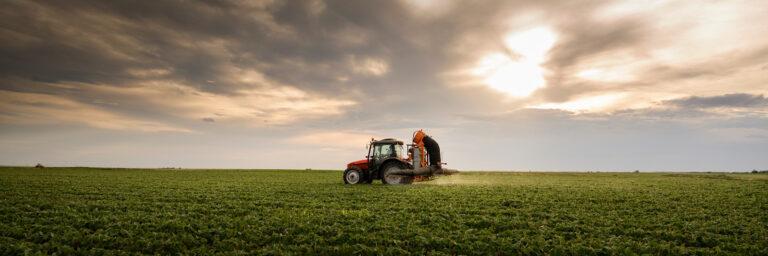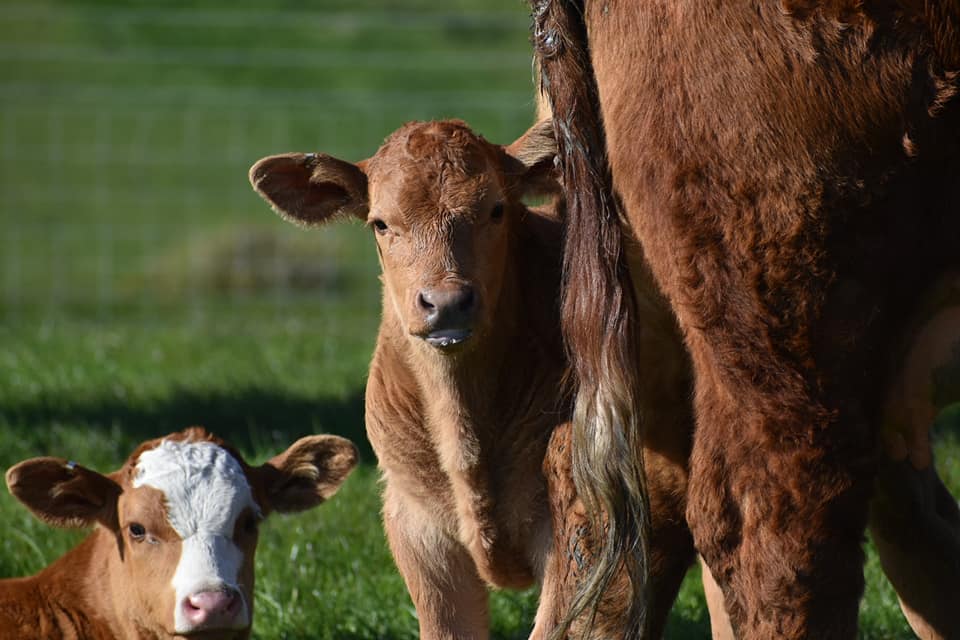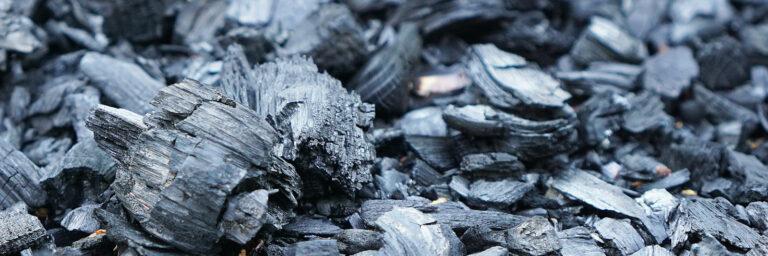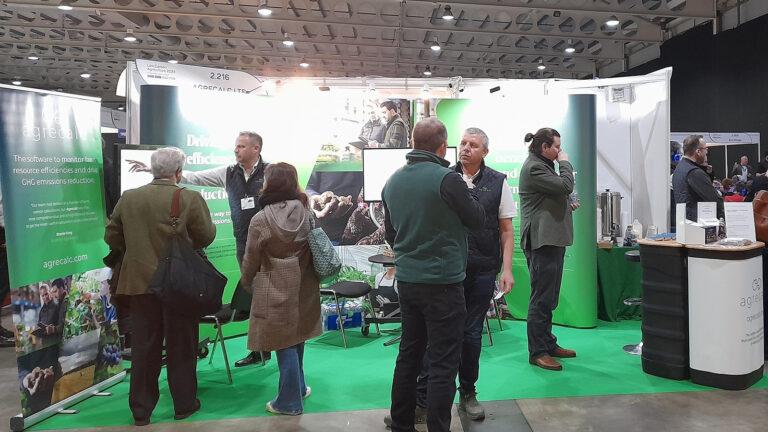
April Business Update: SRUC
After two years of operation as a Limited Company, Agrecalc became part of Scotland’s Rural College (SRUC) as of 1 April 2025.
There’s no pulling the wool over their eyes – benchmarking was one of the main reasons Emily Gascoigne and her husband Adam Smith signed up to carbon calculation.
Comparing data and encouraging farmers to keep records is a routine part of Emily’s work as a farm vet specialising in sheep, so she was naturally curious about the Programme for the Improvement in Sustainability of (red) Meat (PRISM 2030) initiative, which was launched in November 2022 by ABP UK, one of Europe’s leading privately owned food processors.
The assessment was conducted and the recommendations were delivered by Agrecalc’s consultancy partner, The Andersons Centre.
Together with Adam’s father, Derek, the young farming couple – who have a year-old son George – farm a tenanted holding of 130 acres near Swanage in Dorset. They also rent a further 130 acres on annual licences away from the home farm and additional short-term grazing.
“We have had a small amount of access to Agrecalc before when we participated in a research project, but that was very sheep focused,” explains Emily.
“A whole farm approach was something we really wanted to do; from the sheep and suckler cattle right through to straw, fuel, fertiliser etc – it’s important to unpick the inputs and then have figures to go forward with and use as a benchmark further down the line. Although we love farming, it is a business – not a hobby – and it’s so important to keep an eye on the costs.”
The farm runs a beef suckler herd of 25 cows and 530 breeding ewes, including 340 Romney and Highlander ewes, Poll Dorsets – which autumn lamb – and 40 Hebridean breeding ewes. The main batch of ewes lamb at the end of March, with around 800 lambs going to ABP in nearby Yetminster from August until November. The aim is to send them mostly grass-fed, trying to avoid feeding cereals unless it’s a drought year. It is a closed flock, keeping only home-bred ewe lambs as replacements.
One challenge is that some of the 130 acres of additional land rented on grazing licences is in higher tier stewardship, so working on maintaining performance without using fertiliser is of real interest to the couple.
“We are at the start of our journey with herbal leys, so the grassland management feedback we received was especially useful,” explains Emily, who added that the suckler cows “pretty much look after themselves”. However, having a more preventative strategy with the sheep – seeing problems before they arrive and being on top of parasites – is good for both costs and carbon footprint.

“A whole farm approach was something we really wanted to do; from the sheep and suckler cattle right through to straw, fuel, fertiliser, etc. - it’s important to unpick the inputs and then have figures to go forward with and use as a benchmark further down the line. Although we love farming, it is a business – not a hobby – and it’s so important to keep an eye on the costs.”
Emily Gascoigne, Farm owner and vet specialising in sheep
Finally, the couple did a double take when the Agrecalc study flagged up a high quantity of fuel usage.
“We breathed a sigh of relief when we realised that I hadn’t split off the fuel Adam uses for his contracting work from the farm calculations,” smiles Emily. “Other than that, there were thankfully no other great shocks.
“We are at the start of our carbon emissions journey and having the baseline that PRISM has given us is really useful.”
The farm’s Agrecalc report, delivered by Michael Haverty, Partner and Senior Research Consultant at The Andersons Centre, considered all aspects of the business and how it is managed, generating calculations that then allowed practical recommendations for improvement, to be made.
Recommendations included:

After two years of operation as a Limited Company, Agrecalc became part of Scotland’s Rural College (SRUC) as of 1 April 2025.

Biochar is a carbon-rich material produced by pyrolysing biomass, which offers a variety of potential agronomic benefits. In this guest article, Black Bull Biochar discusses how these effects work together to bolster productivity, sustainability, and resilience in farming.

The Agrecalc team is looking forward to welcoming you at our stand (2.844) at this year’s Low Carbon Agriculture Show, taking place on March 5 and 6, at NAEC Stoneleigh near Kenilworth.